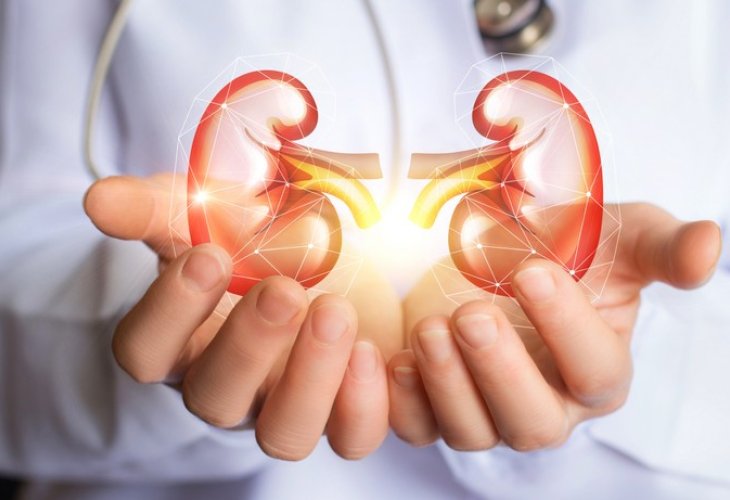6 Habits You Might Be Doing That Harm Your Kidneys
Discover the six habits that could be harming your kidneys without you even knowing. Find out in the full article.
 (Photo: shutterstock)
(Photo: shutterstock)Numerous studies conducted to identify the causes of kidney problems have established a link between kidney disease and water consumption. For years, doctors have tended to associate poor kidney function with dehydration. However, a recent study has also found a reverse connection: chronic dehydration can lead to impaired kidney function and, in some cases, to chronic kidney diseases.
Here are seven additional factors that could trigger the development of kidney disease:
Not relieving yourself in time
Holding back from urinating for long periods endangers the health of your kidneys irreversibly, as the pressure on the bladder and kidneys becomes very high. Holding in urine essentially puts the bladder muscle under 'stress', which in less pleasant scenarios could lead to urinary incontinence. Chronic restraint can also result in frequent urinary tract infections, kidney stones, infections, and more.
Insufficient calcium intake
One issue arising from either excessive or insufficient calcium consumption is kidney stones, which block the pathways for waste removal from our bodies. The greater the calcium deficiency, the higher the likelihood of developing kidney stones. Therefore, it is important to monitor calcium levels in the body through regular blood tests and to supplement as needed.
Excessive use of painkillers
Many of us are unaware, but among the dangers of various painkillers, some are particularly harmful to the kidneys. Studies have shown a direct link between the regular daily use of painkillers and impaired kidney function, up to and including kidney failure.
Consumption of artificial sweeteners
A study conducted by the American Nephrology Association in California examined about 3,000 women who consumed artificial sweeteners and found an increased risk of kidney function impairment among them. According to the researchers, diet drinks and foods containing substitutes similar to those in artificial sweeteners can harm our kidney function.
So how much water is crucial to drink?
Since the kidneys are responsible for filtering waste from our bloodstream, they need a sufficient amount of water to facilitate metabolism. When our body lacks enough water, the blood becomes thicker, making it harder to identify and eliminate toxins. The National Kidney Foundation in the U.S. recommends consuming between 10 to 12 cups of water daily for a healthy adult, to maintain kidney health.
Beware of sodium!
While most of us can't stand bland and saltless food, high salt consumption also means a high level of sodium, which, without proper regulation, can cause irreversible damage to our kidneys. Since one of the kidneys' roles is to measure the chemical levels in the body, when the body is overwhelmed with sodium, the kidneys cannot overcome and balance its levels in the body.

